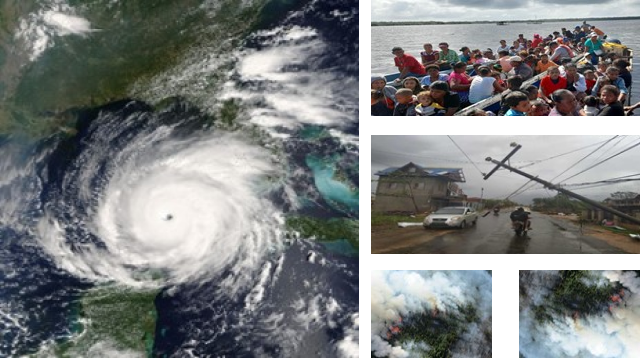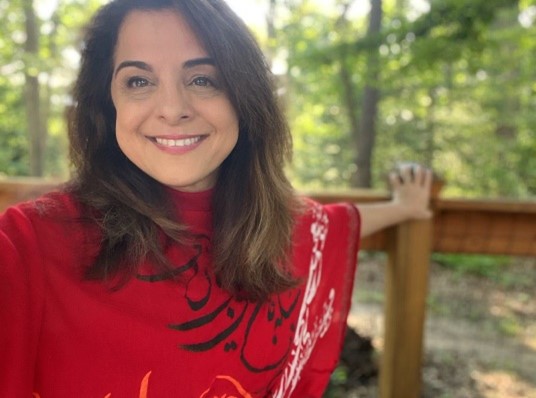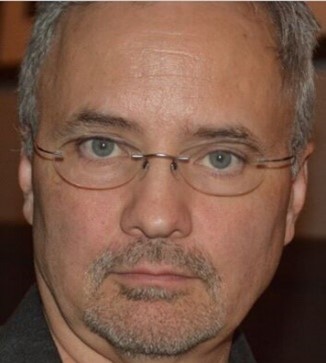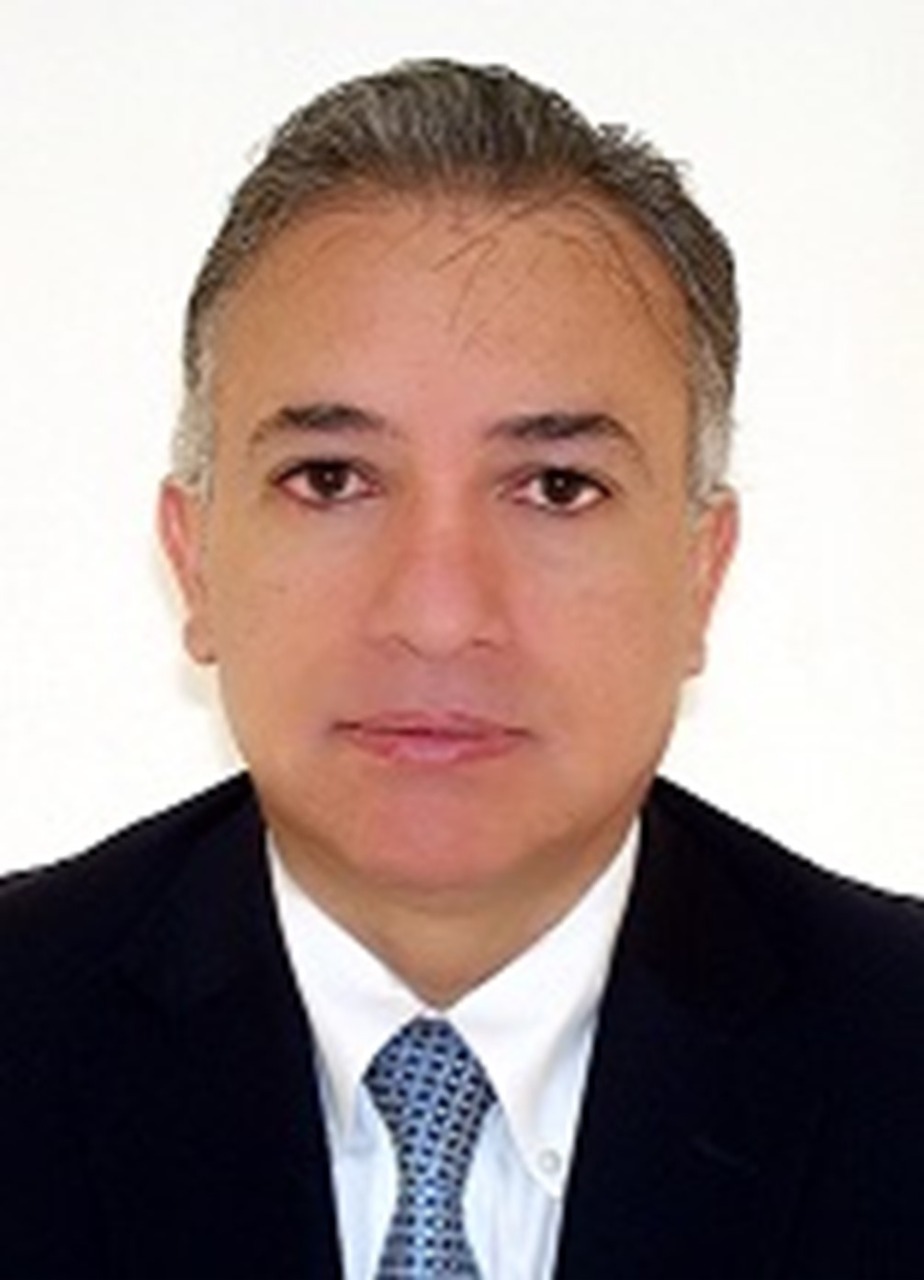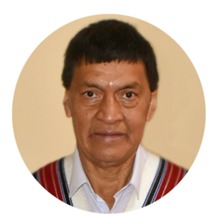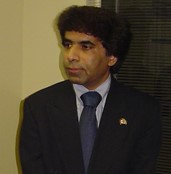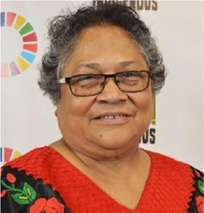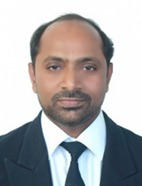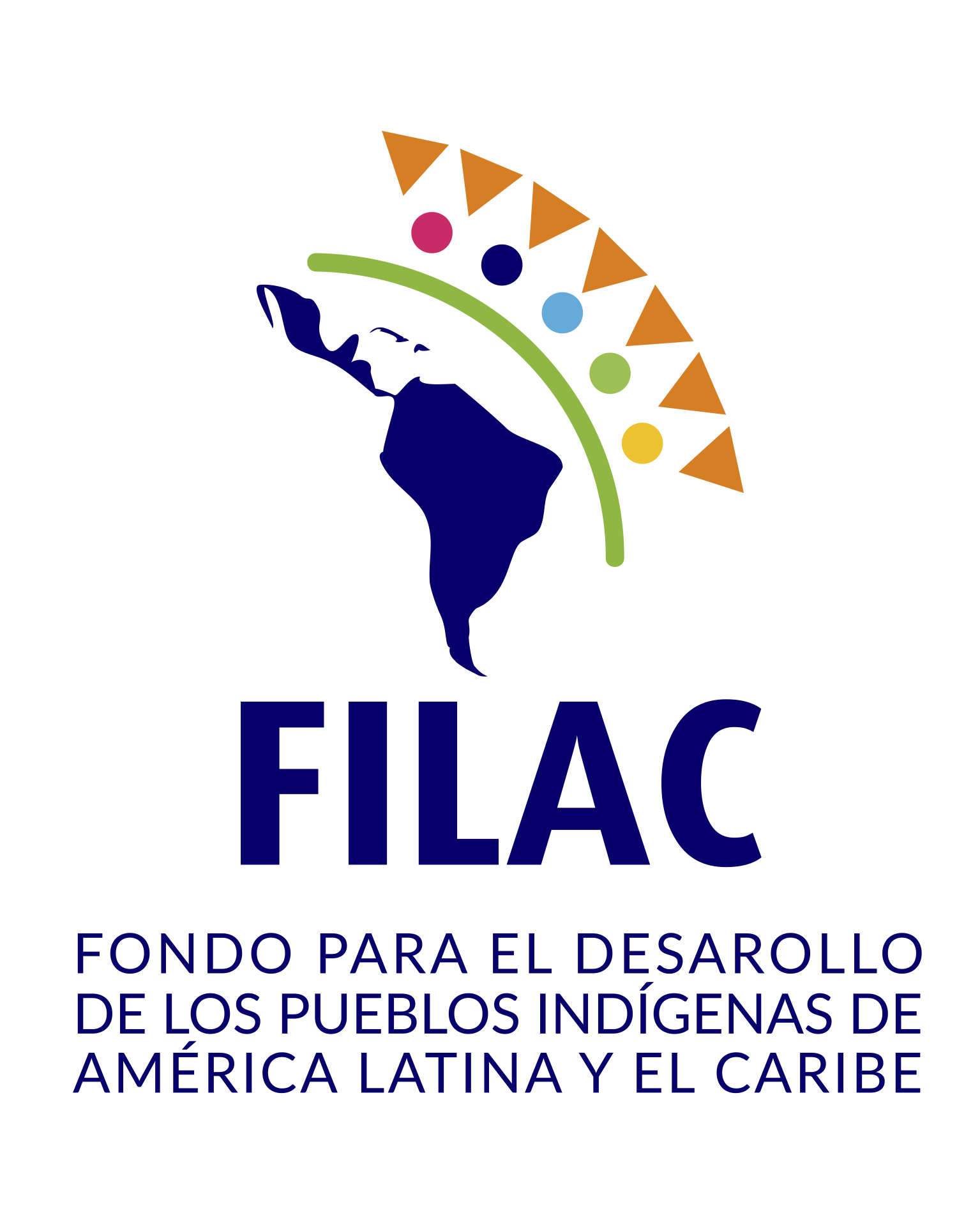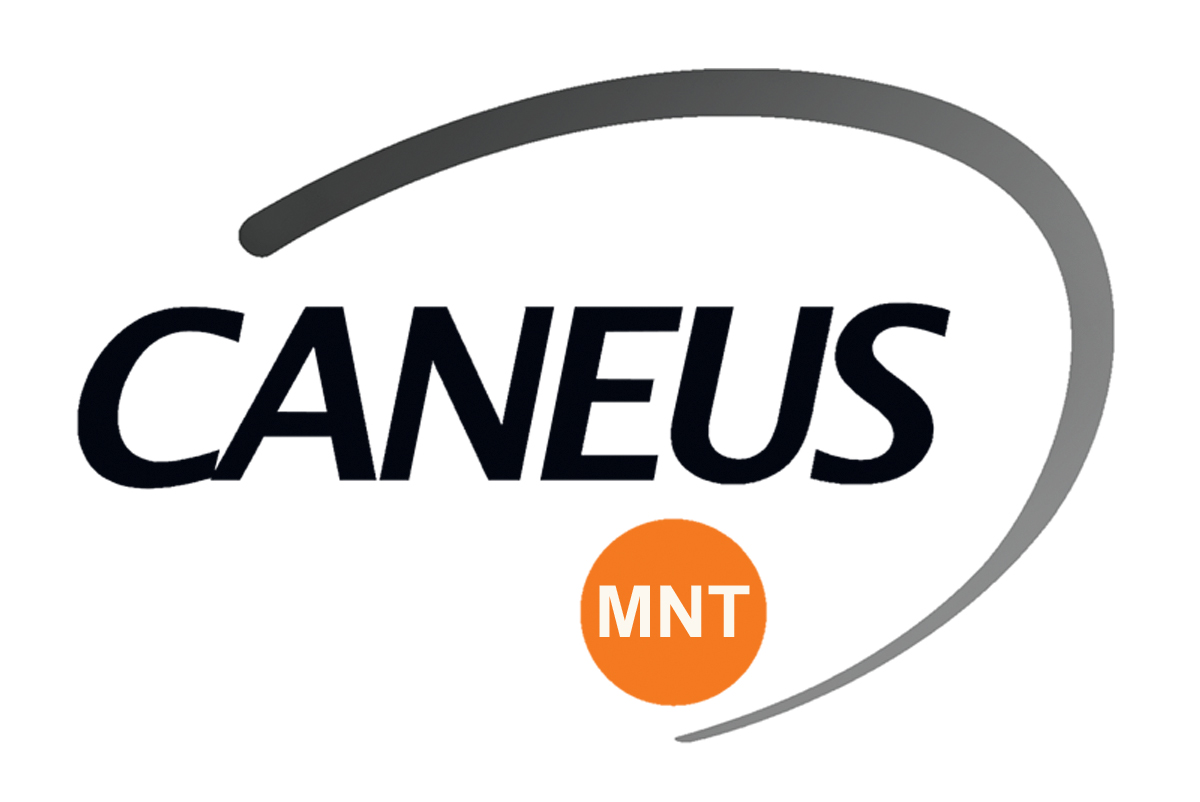Indigenous Knowledge Research Infrastructure (IKRI):
A Tool for the Sendai Framework implementation
The “Global Research Initiative and Knowledge Repository” called the “Indigenous Knowledge Research
Infrastructure (IKRI)”, that uses frontier technologies to develop a digital infrastructure, to capture,
process, analyze, and present indigenous knowledge from multiple sources, is a unique and novel tool being
developed to drive recovery from the COVID-19 pandemic and get back on track to achieve the 17 Sustainable
Development Goals (SDGs) for 2030, contributing to the theme of 2022 Multi-stakeholder Forum on STI.
This digital infrastructure initiative includes a "Technology-Based Repository", which was conceptualized
as part of the 2021 UN Food Systems Summit process, with the collective efforts led by CANEUS, FILAC and
UNOOSA together with FAO, IFAD, UN-DESA, and global stakeholders representing both Indigenous and
scientific communities, as well those with stake in the implementation of SDGs.
Simultaneous interpretation provided in English and Spanish


May 25, 2022
19:30 - 21:00 (Bali UTC+8)
7:30 – 9:00 (NY, EST)

